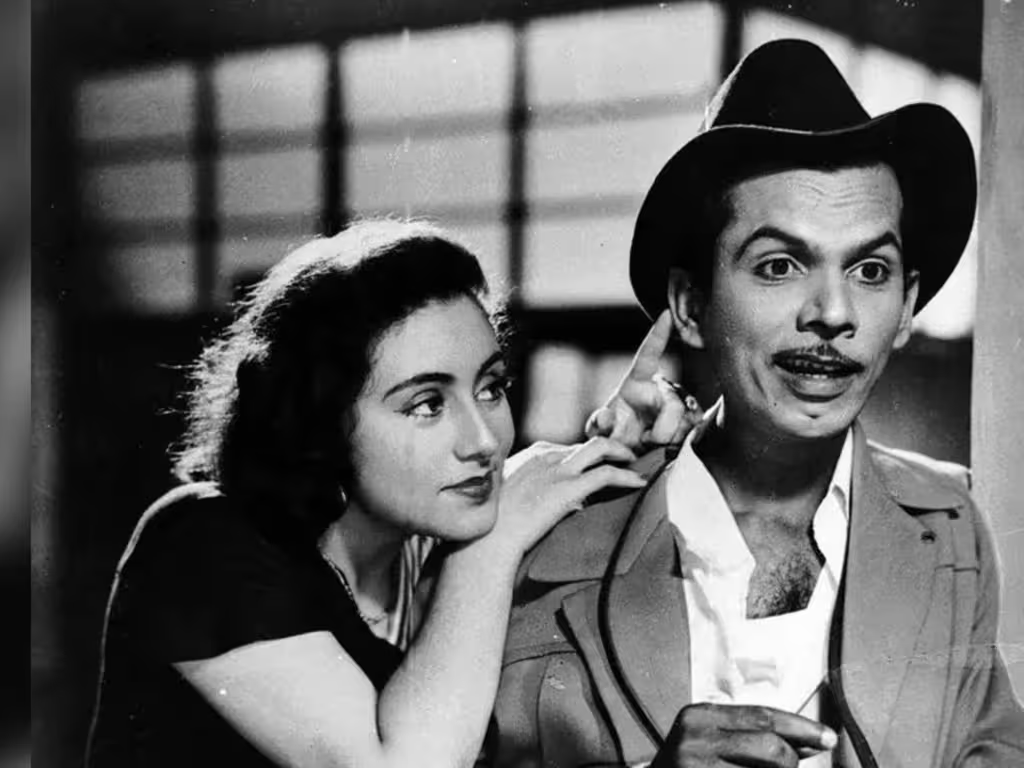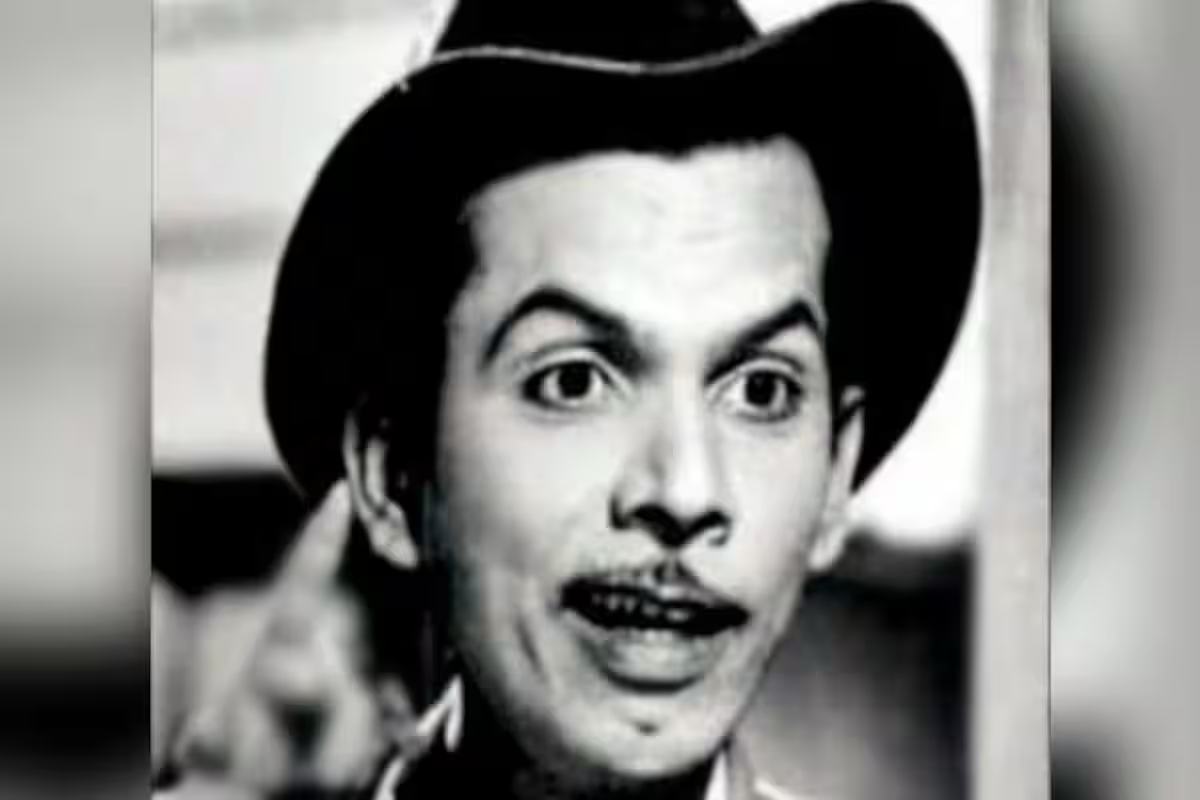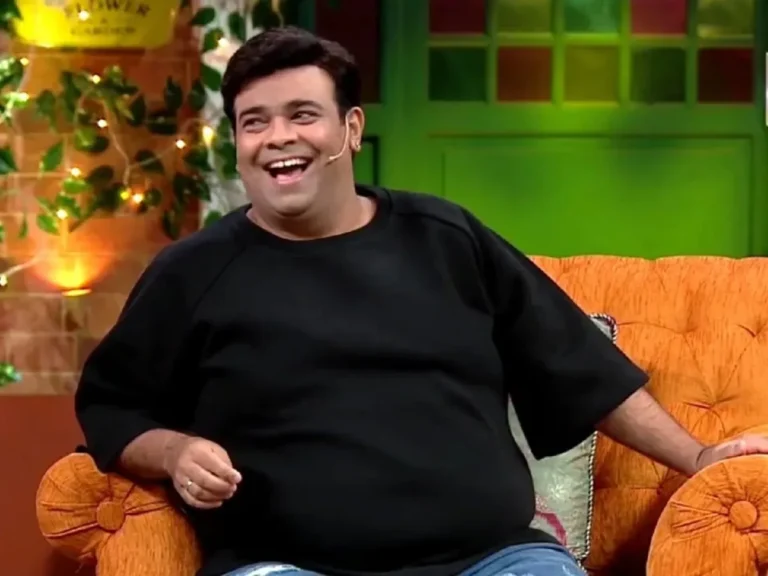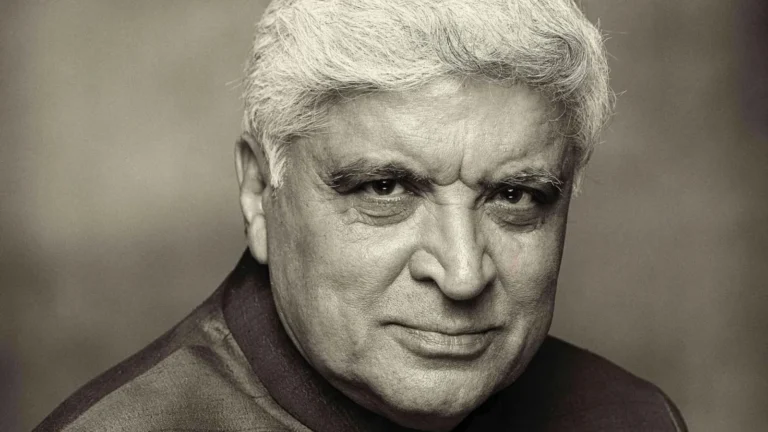Johnny Walker: The King of Comedy in Bollywood
Johnny Walker, born Badruddin Jamaluddin Kazi, remains one of the most iconic actors in the history of Indian cinema. Renowned for his impeccable comic timing and unique style, Johnny Walker brought a touch of humor to every role he portrayed. At a time when Bollywood largely revolved around romance and drama, he carved out a niche for himself as a comedian who could steal the show.
This article explores Johnny Walker’s life, career, and legacy, showcasing how he became an unforgettable figure in Indian cinema.
Johnny Walker : Early Life and Background
Humble Beginnings

Johnny Walker was born on November 11, 1926, in Indore, Madhya Pradesh, into a modest Muslim family. His father, a mill worker, struggled to provide for their large family. The hardships of his early life shaped his perspective and fueled his determination to succeed.
Moving to Mumbai
After his father lost his job, the family moved to Mumbai in search of better opportunities. Badruddin took up various odd jobs to support his family, including working as a bus conductor for BEST (Bombay Electric Supply and Transport). His innate sense of humor and ability to mimic passengers caught the attention of those around him.
Johnny Walker Journey to Stardom
Discovery by Guru Dutt
Johnny Walker’s life changed when he met Guru Dutt, the legendary filmmaker. While performing an impromptu skit during his bus conductor days, he caught Dutt’s attention. Recognizing his potential, Dutt offered him a role in his film Baazi (1951). It was Guru Dutt who gave Badruddin the stage name “Johnny Walker,” inspired by the popular Scotch whisky brand.
Early Roles
In Baazi, Johnny Walker played a small yet impactful role as a gambler. His performance was an instant hit, marking the beginning of a long and fruitful association with Guru Dutt.
Rise to Fame
Collaboration with Guru Dutt
Walker’s collaborations with Guru Dutt became a hallmark of his career. Films like Pyaasa (1957), Kaagaz Ke Phool (1959), and Chaudhvin Ka Chand (1960) showcased his versatility as an actor. In Pyaasa, his song “Sar Jo Tera Chakraye” remains iconic, blending humor with social commentary.
Establishing a Unique Style
Johnny Walker’s comedic style was characterized by his exaggerated mannerisms, distinctive voice, and playful expressions. Unlike slapstick comedians of his time, his humor was nuanced and often delivered through witty dialogues and subtle gestures.
Iconic Roles and Memorable Performances
Signature Songs
Walker was known for his memorable performances in song sequences. Some of his most famous songs include:
- “Sar Jo Tera Chakraye” (Pyaasa): A playful yet meaningful song that remains evergreen.
- “Ae Dil Hai Mushkil Jeena Yahan” (CID): A satirical take on life in Mumbai, which became an anthem for the city.
- “Jaane Kahan Mera Jigar Gaya Ji” (Mr. & Mrs. ’55): A romantic duet filled with humor and charm.
Johnny Walker Versatility Across Genres
While primarily known for comedy, Johnny Walker also proved his mettle in serious roles. In films like Madhumati (1958), he played supporting characters that added depth to the narrative without overshadowing the leads.
Personal Life and Values
Family and Relationships

Johnny Walker married Noor, a classical dancer, and the couple had three daughters and three sons. He maintained a strong connection to his family, prioritizing their well-being over the glamour of the film industry.
A Teetotaler in Real Life
Despite his screen name, Johnny Walker was a staunch teetotaler. He often joked about his sobriety, which stood in stark contrast to the alcoholic characters he occasionally portrayed on screen.
Challenges and Triumphs
Navigating Typecasting
While Walker’s comedic talent brought him fame, it also led to typecasting. He was often offered similar roles, limiting his opportunities to explore diverse characters. However, he managed to infuse freshness into each role, ensuring his performances never felt repetitive.
Changing Dynamics in Bollywood
As Bollywood evolved in the 1970s and 1980s, the demand for dedicated comedians declined. Walker gracefully stepped back from acting, choosing to focus on his family and other pursuits.
Johnny Walker : Legacy and Contributions to Cinema
Setting a Benchmark for Comedy
Johnny Walker redefined comedy in Bollywood, proving that humor could be intelligent and relatable. His performances inspired future generations of comedians, including Mehmood, Kader Khan, and Johnny Lever.
Awards and Recognitions
Walker’s contributions to Indian cinema were celebrated with several awards, including:
- Filmfare Best Supporting Actor Award: For his performance in Madhumati (1958).
- Padma Shri (1968): Recognizing his significant contributions to Indian art and cinema.
Remembered Through His Work
Even decades after his passing, Johnny Walker’s performances continue to entertain audiences. His songs, dialogues, and expressions remain iconic, making him a timeless figure in Indian cinema.
Later Years and Retirement
Stepping Away from the Limelight
In the 1980s, Walker gradually retired from acting, citing a lack of quality roles. He believed in maintaining the dignity of his craft and chose not to compromise his standards.
Life Beyond Bollywood
Post-retirement, Walker led a quiet life in Mumbai, surrounded by his family. He occasionally appeared at film events and interviews, reminiscing about his journey and sharing his wisdom with younger artists.
The End of an Era
Johnny Walker passed away on July 29, 2003, leaving behind a legacy that continues to inspire. His contributions to Bollywood comedy and his ability to connect with audiences across generations make him a true legend.
Conclusion: A Timeless Icon of Laughter and Heart
Johnny Walker’s journey from a bus conductor to one of Bollywood’s most celebrated comedians is a story of talent, perseverance, and humility. His ability to bring joy to millions while maintaining his integrity sets him apart as a role model for aspiring actors.
As Indian cinema continues to evolve, Johnny Walker’s legacy remains a reminder of the power of humor and the importance of staying true to one’s art. Through his timeless performances, he continues to live on in the hearts of audiences worldwide.



